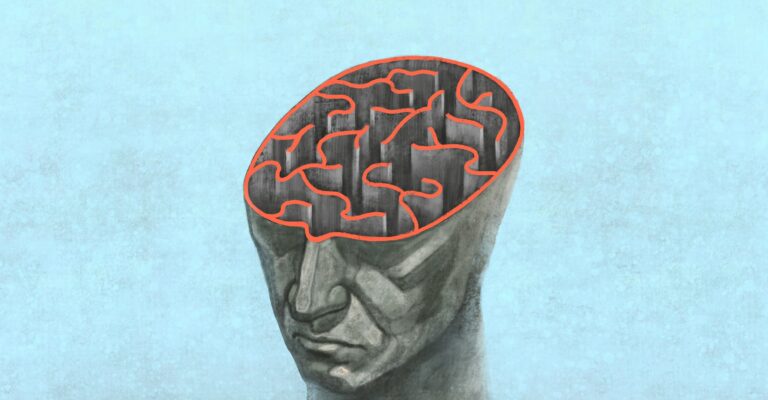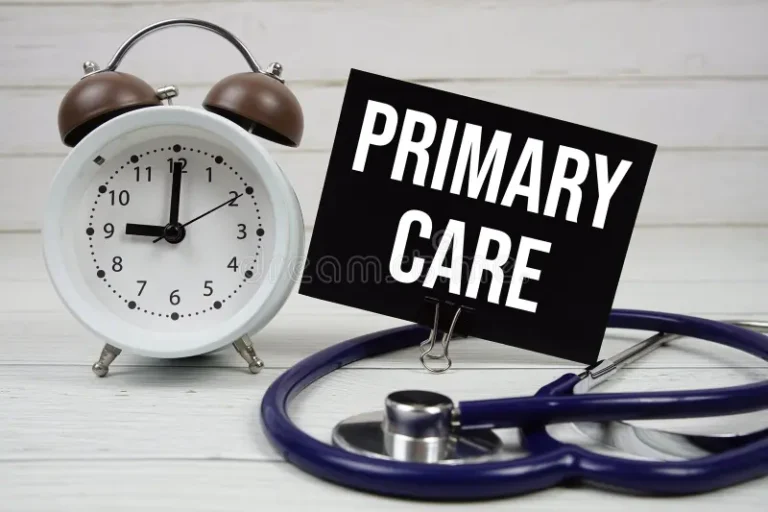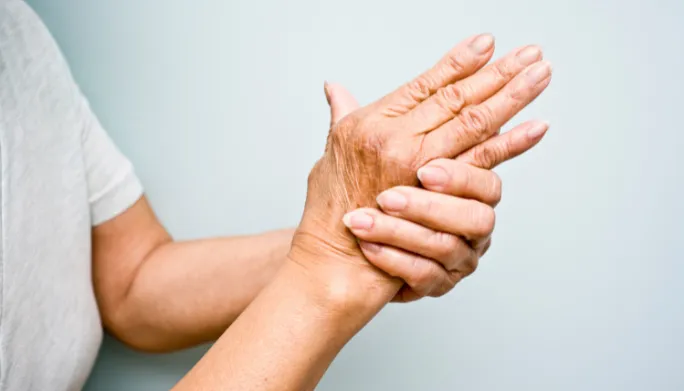Understanding the Dynamics of Power and Control in Teen Relationships

Relationship support for teens is the interventions that help adolescents develop healthy interpersonal connections. This type of support includes educational programs, counselling services, and mentorship initiatives. Understanding the dynamics of power and control in teen relationships involves the following:
Open Communication
Open communication allows teens to express their needs without fear of judgment. It fosters empathy and mutual understanding among partners, promoting a culture of respect. In teen relationships, open communication reduces control and abuse through the following ways:
- Promoting equality by giving both partners a chance to make decisions.
- Partners who communicate effectively can share responsibilities and make fair compromises.
- Open communication reveals the warning signs of controlling behaviors, allowing teens to address red flags early.
By encouraging open communication through relationship support for teens, partners can challenge issues like guilt tripping and gaslighting. Through relationship support, teens are taught active listening skills and how to express their needs. This better equips them to resist controlling behavior.
Boundary Setting
Boundary setting in a relationship involves clearly communicating your limits, needs, and expectations to your partner. In teen relationships, setting boundaries allows you to create a space where you feel respected and safe to express yourselves. You can set boundaries by clarifying to your partner what you are comfortable with and what you do not like. This can include how much personal time you need, and your comfort level with public displays of affection.
After sharing your boundaries with your partner, be sure to respect their boundaries just as you’d like them to respect yours. Understanding your boundaries empowers you to recognize when your relationship is becoming unbalanced or controlling. Key indicators of an unbalanced relationship include pressure to change your comfort levels and the dismissal of your expressed limits.
Emotional Intelligence
Emotional intelligence is the ability to recognize and control your emotions. In teen relationships, developing emotional intelligence helps you navigate jealousy, anger, and disappointment without resorting to blame or manipulation. It encourages empathy when resolving conflicts and allows you to approach relationship challenges as growth opportunities rather than threats. It also supports problem-solving skills that encourage mutual respect, helping you create a balanced partnership. You can develop emotional intelligence by identifying triggers and patterns in your responses to various situations. Validate your partner’s experiences during disagreements, focusing on calm discussions and acknowledging your mistakes.
Peer Support
Teens can help each other navigate the challenges that they face in relationships. Peer groups create a safe space where you can openly share your feelings and experiences with people who understand what you are going through. This mutual understanding helps you identify both positive behaviors and red flags that signal control or abuse.
Teen Counselling
Trained professionals can help you navigate the emotions and challenges that you face in your interactions with others. Counselling may help you recognize unhealthy patterns, such as intimidation, and guide you towards establishing healthy boundaries. By identifying these patterns, counselling supports you in breaking cycles of abuse and dependency, allowing you to cultivate relationships based on mutual respect and shared decision-making.
Learn More About Relationship Support for Teens
Relationship support for teens helps cultivate healthy interactions among partners. It involves education about mutual respect, consent, communication, equality, and more. Start your search for a reliable online resource to learn more about supporting teen relationships.
- What to Expect When Visiting a Foot and Ankle Specialist
- Causes of PTSD
- The Link Between Plantar Fasciitis and Weight Gain: What You Need to Know
- How Pet Ownership Can Positively Impact Life with Fibromyalgia
- The Importance of Stretching and Flexibility in Sports Medicine
Dr. Emma Green is a health and wellness expert with over 10 years of experience in nutrition and fitness. Passionate about helping others live their healthiest lives, Dr. Green shares practical advice on wellness, nutrition, and sustainable living through LivingSpristine.






